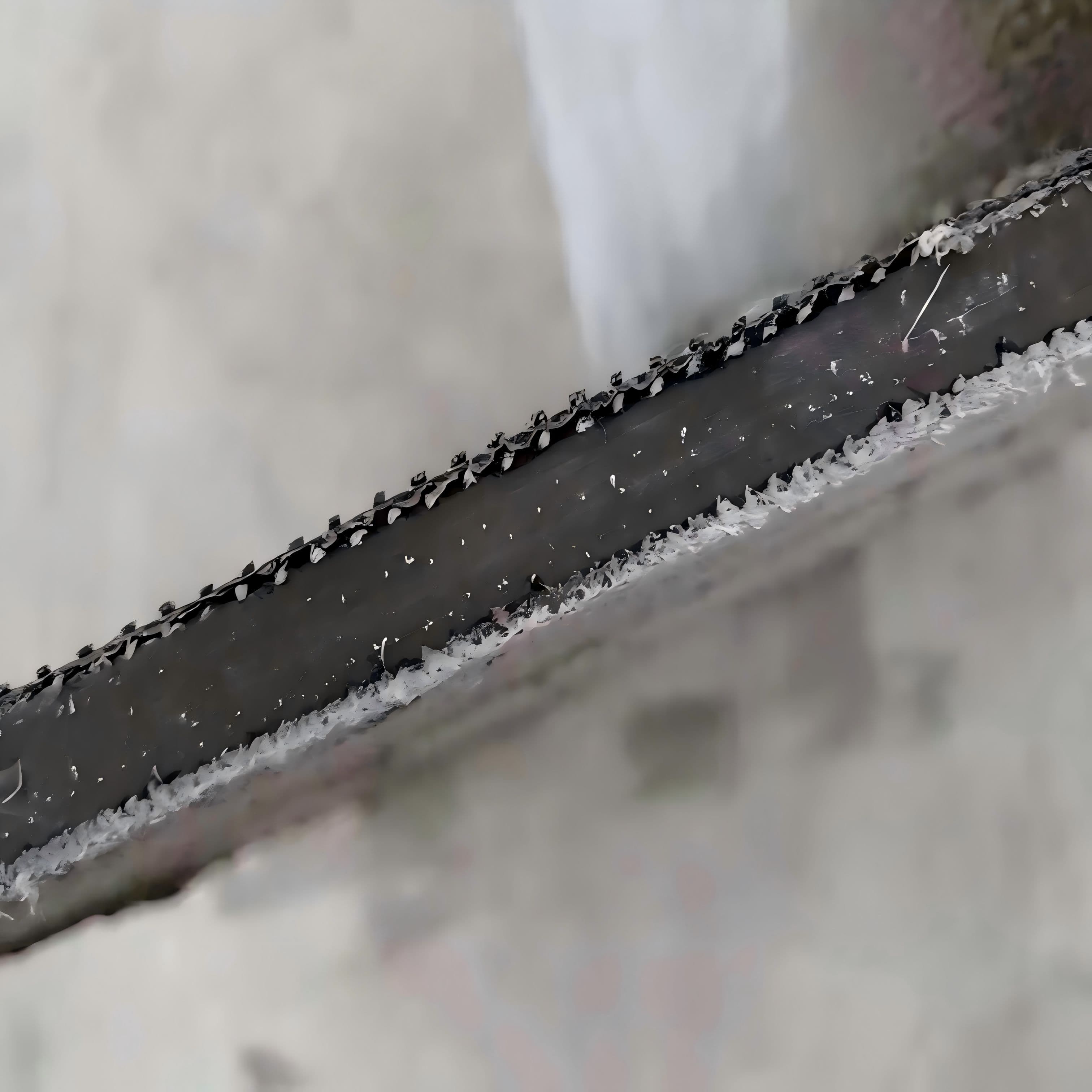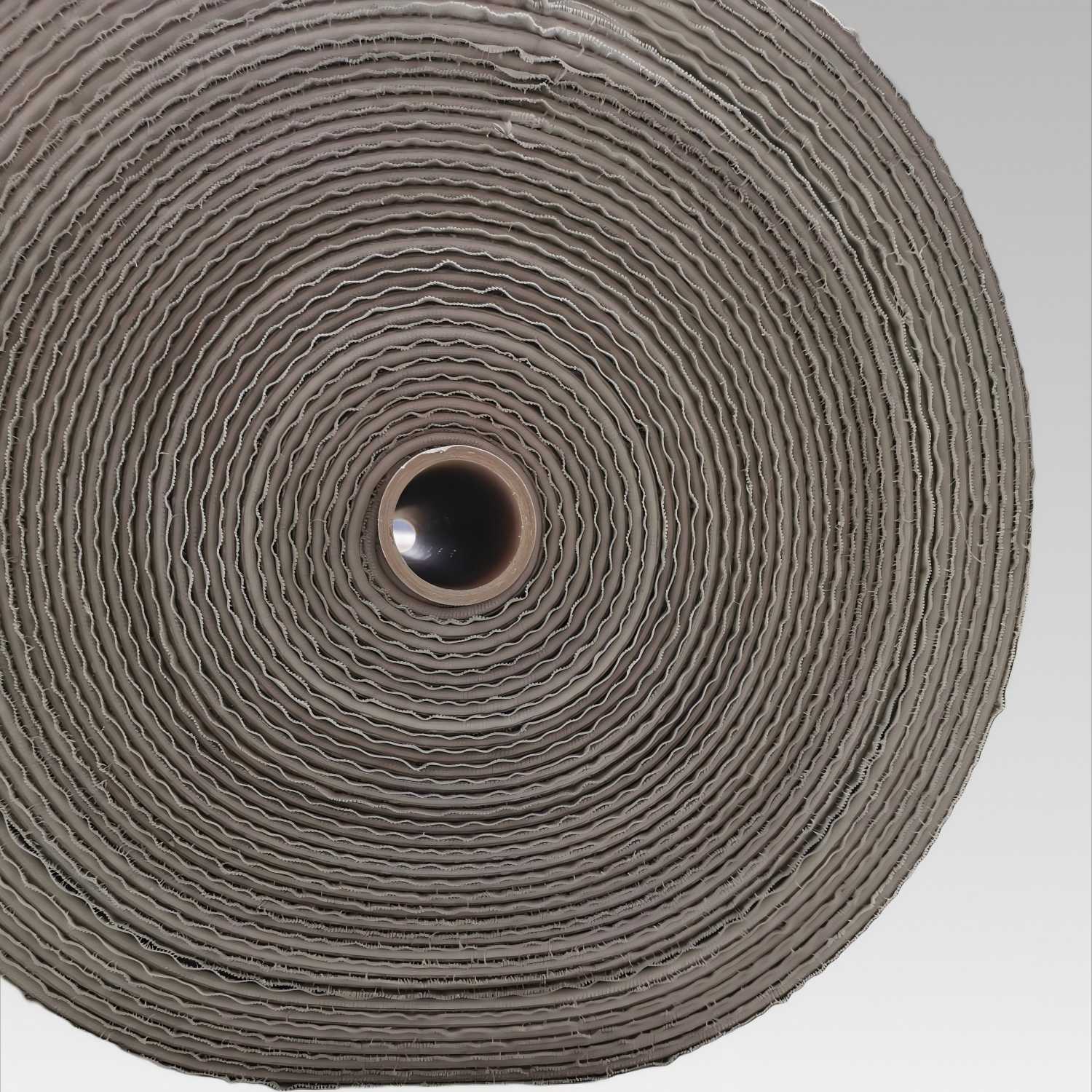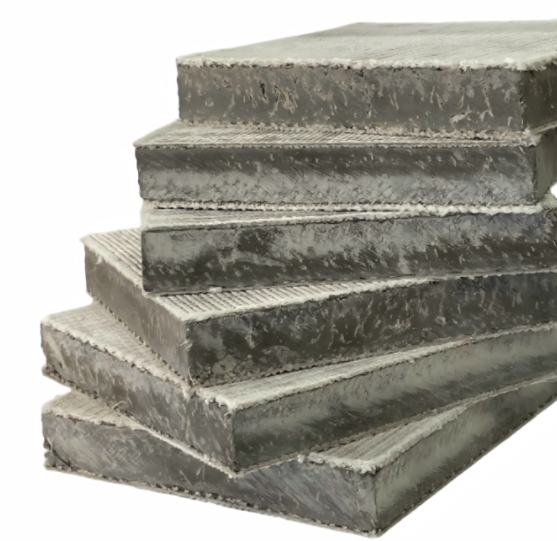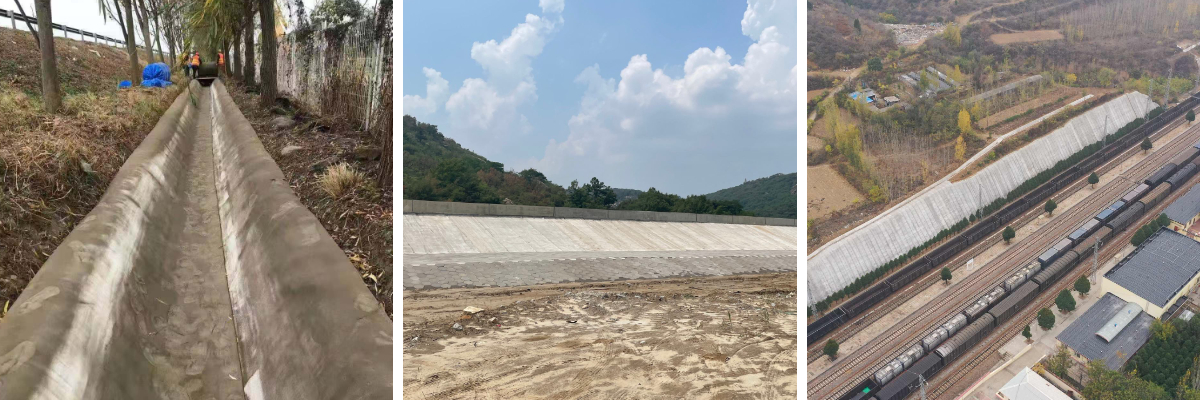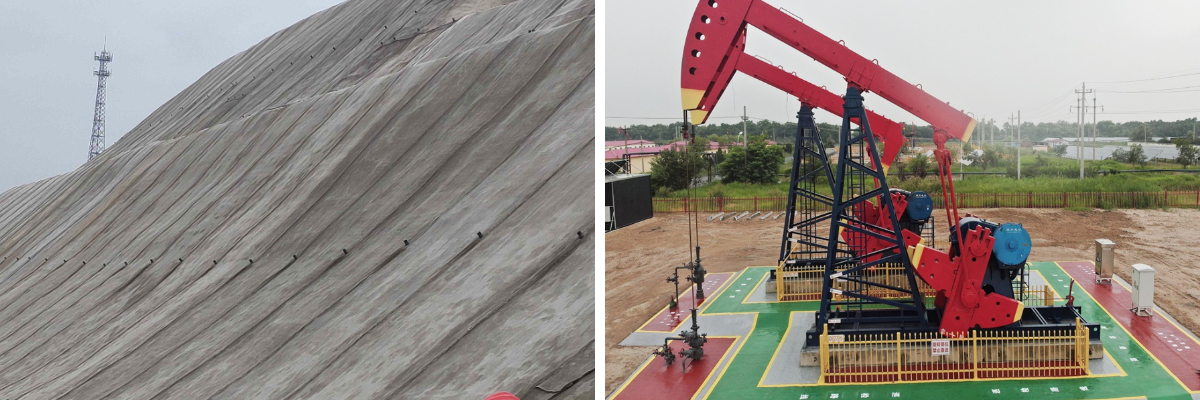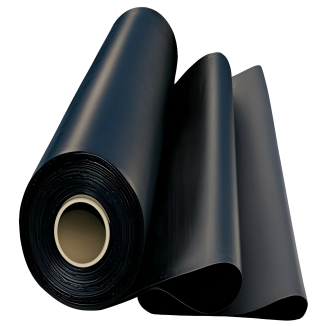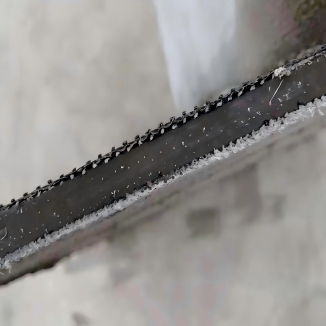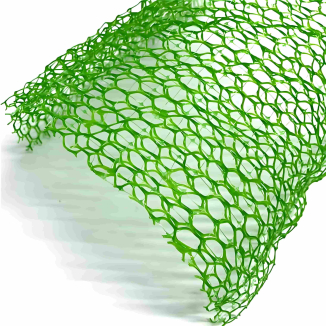Cement Impregnated Fabric
1.Rapid Construction:
No on-site concrete mixing required; simply add water, and it hardens within 24 hours, significantly reducing project timelines.
2.Lightweight & Easy to Use:
Roll-form transportation, weighing only 1/5 of traditional concrete, making it ideal for manual handling or remote areas.
3.Eco-Friendly & Energy-Efficient:
Minimizes cement waste, reduces carbon emissions, and requires no heavy machinery for installation.
4.High Adaptability:
Conforms to complex surfaces (e.g., ditches, slopes) with excellent crack resistance.
Product Introduction:
Cement Impregnated Fabric is a flexible fabric impregnated with a specialized cement-based material, composed of a high-strength fibrous skeleton (such as polyethylene or polypropylene) bonded with dry concrete powder. Upon exposure to water, the cement powder undergoes hydration, solidifying within the fibrous matrix to form a high-strength, durable concrete layer. Essentially, it is "concrete that rolls up," combining the flexibility of fabric with the mechanical properties of concrete.
Key Features
1.Flexible and Customizable
Before curing, it can be cut and folded like fabric to meet customized design requirements.
After curing, it forms a highly integrated concrete layer, effectively minimizing cracking risks.
2.Rapid Curing and Strength Development
Remains malleable for up to 2 hours after watering, allowing for on-site adjustments.
Achieves 80% of its design compressive strength within 24 hours and full curing within 7 days.
Post-curing compressive strength ranges from 15–30 MPa (adjustable based on formulation).
3.Lightweight Yet High-Strength
With a thickness of only 5–10 mm and a weight of approximately 15 kg/m², it offers load-bearing capacity comparable to traditional concrete.
The fibrous skeleton enhances crack resistance, addressing the common cracking vulnerabilities of conventional concrete.
4.Multi-Functional Integration
Integrates a waterproof layer on the underside and supports the addition of wear-resistant coatings or anti-slip textures on the surface.
Customizable in color and texture, balancing practical functionality with aesthetic appeal.
Product Parameters:
| Property | State | 8mm | 10mm | 12mm | 15mm | Test Method | |
| Compressive strength(MPa) | cured 28 days | 60 MPa | D8329 | ||||
| Flexural strength(MPa) | cured 28 days | 15 MPa | D8058 | ||||
| Pyramid puncture(kN) | cured 28 days | 4.0 kN | 4.5 kN | 5.0 kN | 6.0 kN | D5494,Type B | |
| Abrasion (maximum value) | cured 28 days | 0.3 mm/1000 cycles | C1353/C1353M | ||||
| Tensile strength | Final | uncured | 20 kN/m | 30 kN/m | 35 kN/m | 40 kN/m | D6768/D6768M |
| Initial | cured 28 days | 15 kN/m | 25 kN/m | 30 kN/m | 35 kN/m | D4885 | |
| Final | 25 kN/m | 35 kN/m | 40 kN/m | 45 kN/m | |||
| Freeze-thaw | Residual initial flexural strenath(D8058) | cured 28 days, 200 cycles | >80 % (Pass) | C1185 | |||
| Water quality requirements for hydration | Tap water、River water、Seawater | / | |||||
| Construction temperature conditions | Construction above 0℃ | ||||||
| Fire protecting performance | B1 | GB 8624-2012 | |||||
| Harmful substance leaching test items | Limitation index (mg/L) | GB 5085.3-2007 | |||||
| Copper (total copper) (mg/L) | ≤100 | ||||||
| Zinc (total zinc) (mg/L) | ≤100 | ||||||
| Cadmium (total) (mg/L) | ≤1 | ||||||
| Lead (total lead) (mg/L) | ≤5 | ||||||
| Total chromium (mg/L) | ≤15 | ||||||
| Nickel (total nickel) | ≤5 | ||||||
| Arsenic (total) | ≤5 | ||||||
Product Applications:
1.Water Conservancy Projects
Riverbank protection, reservoir anti-seepage, and dam reinforcement to prevent soil erosion.
Canal lining and irrigation system repair to enhance durability.
2.Transportation & Infrastructure
Temporary road paving and rapid construction of emergency access routes.
Bridge abutment reinforcement and tunnel lining waterproofing.
3.Agricultural & Ecological Engineering
Pond slope protection and farm ground hardening, offering seepage resistance and corrosion protection.
Ecological wetland restoration and slope greening base, balancing ecology and protection.
4.Construction & Industrial Applications
Roof waterproofing and basement moisture-proofing.
Industrial wear-resistant flooring and anti-corrosion flooring for chemical plants.
5.Emergency & Military Engineering
Rapid construction of flood barriers and field fortifications.
Post-disaster temporary housing and road repairs.
Cement blankets combine the flexibility of textiles with the strength of concrete, serving as a revolutionary alternative to traditional construction methods, especially suitable for emergency projects, complex terrains, or resource-constrained scenarios.


